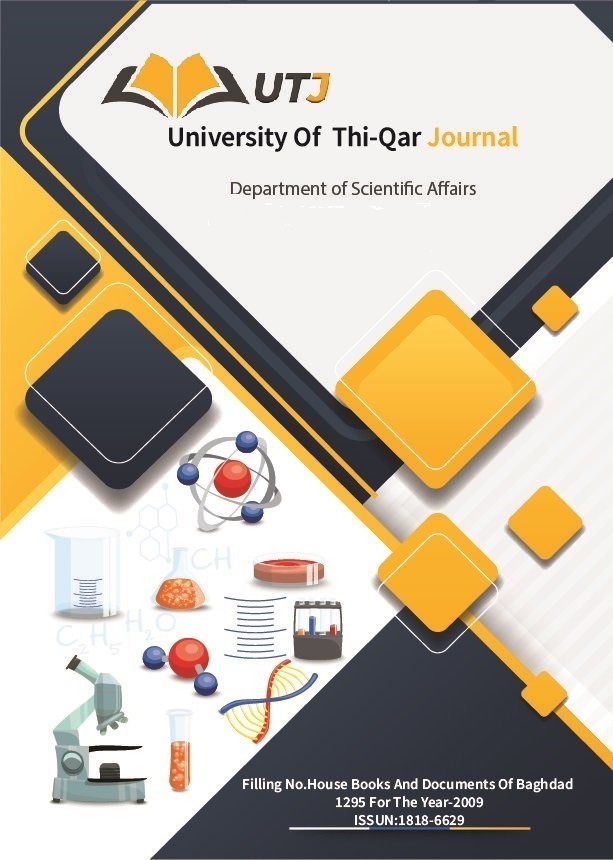Abstract
As computers have become an integral part in the life of the societies all over the world ,
people are increasingly using computer technologies including the internet, and particularly the
e-mail , to communicate encouraged by the easy access to these technologies and their lower
cost . This, in turn, has led to a growing field of study which is Computer – Mediated
Communication (CMC) part of which e-mail is expected to be the most familiar and the
widely-used mode of communication exchange. Within the course of its relatively short time
of use, e-mail has shaped its (approximately) regular format so far, but its language (English
only for the purpose of this paper) has shown irregular manifestations in the message texts .
This study tackles this issue of the characteristics of the language of e-mail including its
format as compared to the conventional letter. It emphasizes the hybrid nature of the English
texts of emails which is being under a process of linguistic systemization as an indication that
it is on a way of standardization . Therefore , the scope of the study is limited only to email ,
and doesn't go beyond studying its language features .
The methodology followed starts with reviewing some topics about email format and
language referring to the literature in the field in which the recent writings on the Net provide a
major reliable reference to the study . Then the prevailing characteristics of the language of
email are also shown illustrated with examples from random samples of email texts . Brief
citation of the "Netiquette" is necessarily presented , and the appendices of emoticons ,
acronyms and abbreviations used in email are to support indicating the systemization being
processed towards the standardization of the language of email .
The conclusion then confirms the fact of the hybrid nature of the email language as a
composite of both spoken and written English in addition to other language characteristics
unique to email , but this hybridization is now being systemized as all the linguistic
manifestations (whether in format , words , phrases , structures or even emoticons and
abbreviations …etc ) have come to be understandable and agreed-upon , and have already
been grouped in alphabetical glossaries and dictionaries ; this , in itself , is a step on the way of
standardization and a case that supports emailers to reinforce this specificity through their
daily use and most probably "impose" more standards for the language of email with the
course of time .
